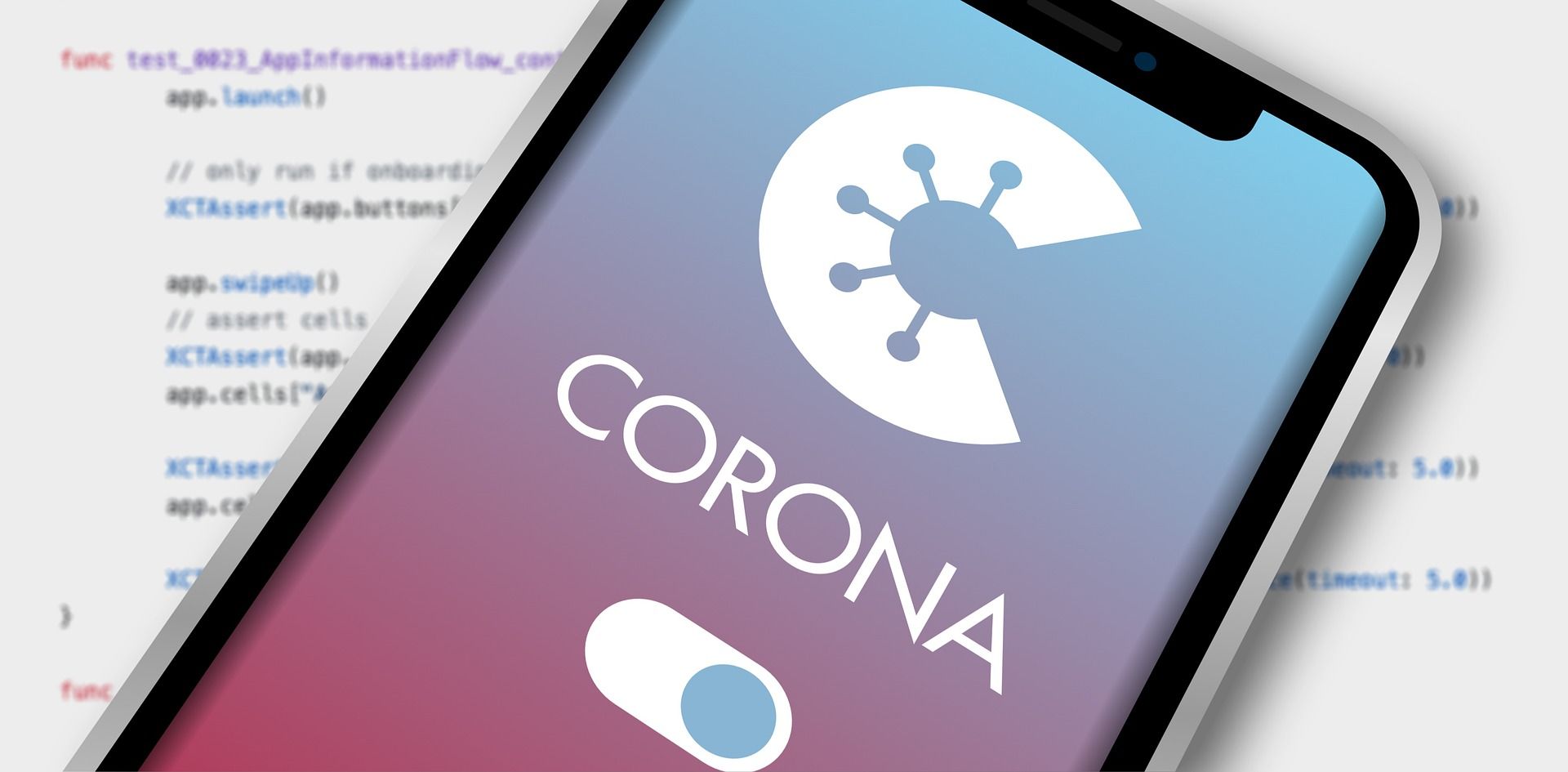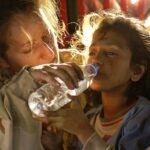To exploit fully the potential of mobile proximity contact tracing and warning apps to break the chain of coronavirus infections and save lives, the Commission is setting up an interoperability gateway service linking national apps across the EU. Today, an important milestone has been reached as a group of Member States starts testing the infrastructure.
The Commission has kicked off test runs between the backend servers of the official apps from the Czech Republic, Denmark, Germany, Ireland, Italy and Latvia, and a newly established gateway server.
Thierry Breton, Commissioner for Single Market, said:
“Many Member States have implemented national contact tracing and warning applications. It is now time to make them interact with each other. Travel and personal exchange are the core of the European project and the Single Market. The gateway will facilitate this in these times of pandemic and will save lives.”
Stella Kyriakides, Commissioner for Health and Food Safety, added:
“Coronavirus tracing and warning apps working across borders can be powerful tools in our efforts to contain the spread of COVID-19. With cases on the rise again, apps can complement other measures like increased testing and manual contact tracing. If used widely enough, they can help us break the chains of transmission. We will not stop fighting on all fronts against the pandemic.”
In the fight against coronavirus, most Member States have launched a national contact tracing and warning app, or plan to do so. The setup of the interoperability gateway service by the Commission follows the agreement by Member States on technical specifications to deliver a European solution to ensure a safe exchange of information between the backends of national contact tracing and warning apps based on a decentralised architecture. This covers almost all such apps launched in the EU.
The gateway, a digital infrastructure that ensures the communication of information between national apps’ backend servers, will ensure that apps will work seamlessly also cross-borders. Thus, users will only need to install one app and will still be able to report a positive infection test or receive an alert, even if they travel abroad.
The gateway will efficiently receive and pass on arbitrary identifiers between national apps to minimise the amount of data exchanged and thus reduce users’ data consumption. No other information than arbitrary keys, generated by the national apps, will be handled by the gateway. The information exchanged is pseudonymised, encrypted, kept to the minimium, and only stored as long as necessary to trace back infections. It does not allow the identification of individual persons.
The gateway is developed and set up by T-Systems and SAP and will be operated from the Commission’s data centre in Luxembourg. After testing, it will start to be operational in October.
More information
Press Release. European Commission
Questions and Answers: a common approach for safe and efficient mobile tracing apps across the EU
Technical specifications for interoperability of contact tracing apps
Interoperability guidelines for contact tracing apps
EU toolbox on mobile applications to support contact tracing in the EU’s fight against COVID-19







Leave a Reply